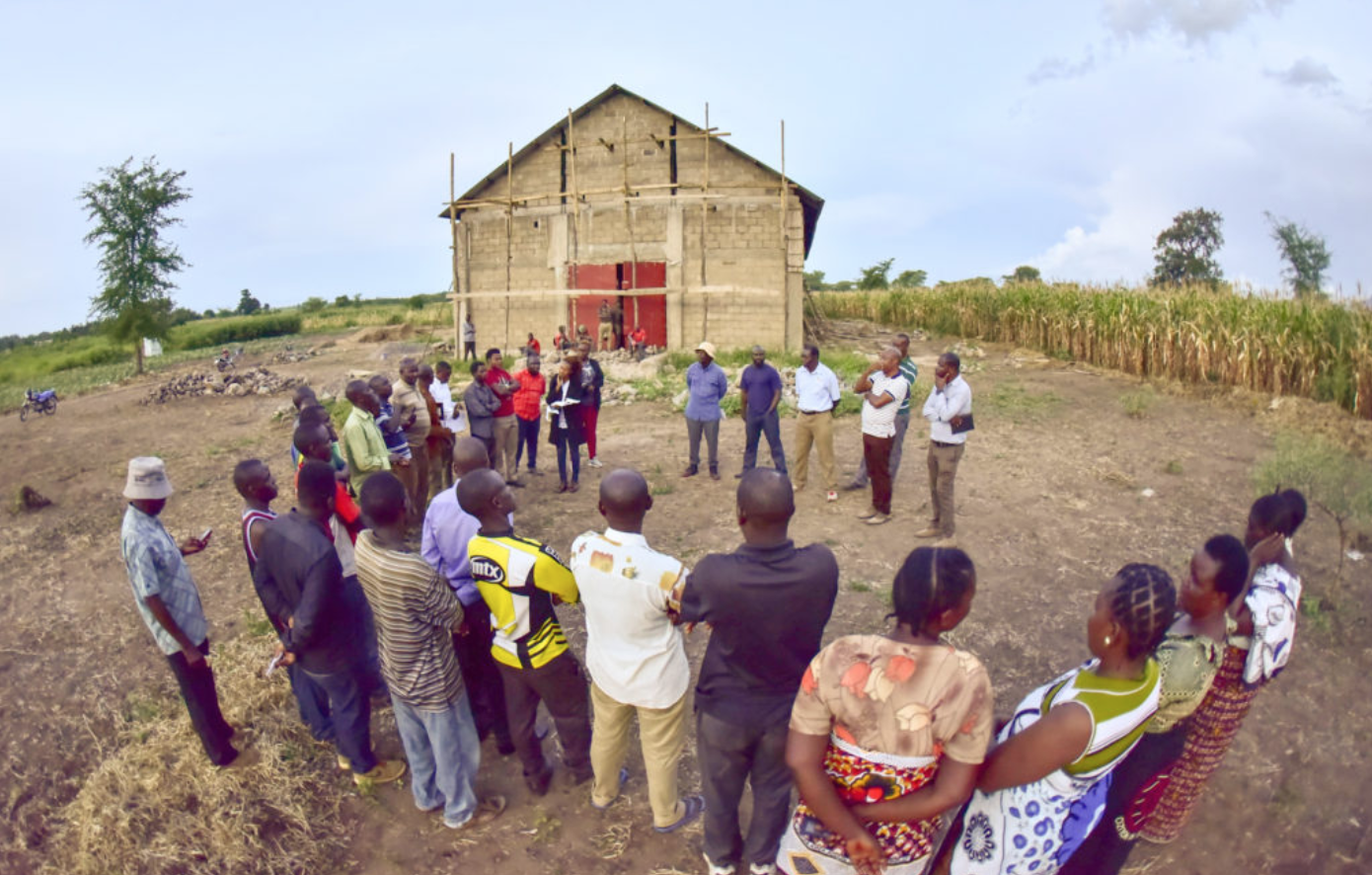Dodoma, Tanzania, December 5, 2024
This morning, the Best Western Dodoma City Hotel is hosting a high-level workshop to chart the future of Tanzania’s Warehouse Receipts System (WRS). The event, spearheaded by the International Finance Corporation (IFC), in partnership with the Warehouse Receipts Regulatory Board (WRRB) and Southern Agricultural Growth Corridor of Tanzania (SAGCOT Centre Ltd.), has drawn participation from key public and private sector stakeholders.
The workshop, held from 9:00 am to 12:00 noon, marks a significant milestone in Tanzania’s journey toward becoming a food security hub for Eastern and Southern Africa. It aligns with the government’s ambitious vision of achieving $5 billion in food exports by 2030, necessitating critical post-harvest storage, infrastructure, financing, and market systems reforms.
Why the Warehouse Receipts System Matters
The Warehouse Receipts System is a vital tool for Tanzania’s agricultural transformation. By enabling farmers to store produce securely and access credit using receipts as collateral, the WRS addresses two critical challenges: post-harvest losses and limited market access. Tanzania has already established itself as a regional leader in WRS implementation, but systemic challenges hinder its full potential.
Key Focus Areas of the Workshop
The diagnostic initiative, supported by SAGCOT Centre Ltd., WRRB, and IFC, is aimed at addressing these bottlenecks. The workshop will delve into four critical areas:
- Infrastructure Mapping: Assessing the current state of warehousing and cold storage facilities in the SAGCOT Corridor to identify gaps.
- Policy and Regulatory Review: Examining the legal, regulatory, and institutional frameworks that govern the WRS to ensure they support its scalability.
- Financing Needs Assessment: Exploring investment opportunities to enhance warehousing infrastructure and unlock market potential.
- Roadmap Development: Creating a phased action plan with concrete recommendations to address identified challenges.
Highlights of Today’s Program
The workshop will include:
- Welcoming Remarks by SAGCOT Centre, setting the tone for the event.
- Overview of WRS in Tanzania presented by WRRB, providing context and a status update.
- Diagnostic Findings and Recommendations shared by A2F Consultants, outlining key insights and proposed strategies for transformation.
- Panel Discussion and Feedback Session engaging stakeholders in refining the recommendations and identifying priority actions.
Participants will include leaders from government ministries, regulatory bodies, and private-sector organizations, creating a platform for diverse perspectives and collaborative problem-solving.
Expert Voices on the Way Forward
Anticipated speakers include Antony Mhagama, an IUCN representative, who emphasized the importance of collective action, stating:
“This initiative is a crucial step toward achieving Tanzania’s sustainable development goals. Land health—including soil health, water management, and resilience—is central to this transformation.”
Agricultural Engineer Godwin Makole from the Ministry of Agriculture highlighted ongoing government efforts to improve soil health, including the distribution of soil-testing kits, while Moses Numbi from Dodoma Cement called for increased farmer education to encourage lime usage and tackle soil acidity issues.
Significance for Tanzania’s Agriculture
Tanzania’s WRS is pivotal to enhancing agricultural productivity and enabling smallholder farmers to participate in competitive markets. With its potential to reduce post-harvest losses, improve credit access, and stabilize agricultural supply chains, the system has far-reaching socio-economic benefits.
As Tanzania aims to position itself as a regional leader in food security and agricultural exports, today’s workshop serves as a catalyst for necessary reforms. It reinforces the importance of a collaborative, multi-stakeholder approach in tackling challenges and unlocking opportunities for growth.
Looking Ahead
The outcomes of this workshop are expected to shape a robust and actionable roadmap for WRS enhancement. Stakeholders will leverage today’s discussions to refine strategies, attract investments, and implement systemic improvements across Tanzania’s agro-industrial landscape.
Stay tuned for updates on the key resolutions and insights from the workshop as Tanzania takes bold steps toward achieving its food security and export targets.
#WarehouseReceiptsSystem #TanzaniaAgriculture #SAGCOT #FoodSecurity #SustainableDevelopment #AgriculturalTransformation
